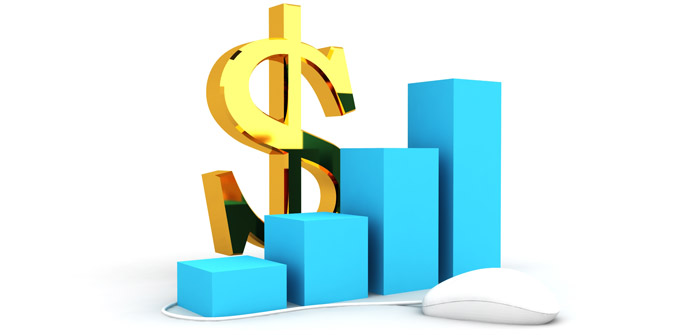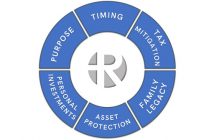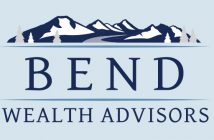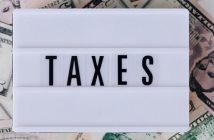To support the economic recovery, the Federal Reserve will likely maintain its “lower for longer” approach to interest rates in 2015. There are few signs of an inflationary buildup that would push the Fed toward sharp rate hikes.
The U.S. appears to be decoupled from other key developed markets in terms of economic growth. We expect this to continue into 2015, given significant structural issues in Europe and Japan and the time needed for monetary stimulus to take effect.
Emerging markets and international developed markets offer more attractive equity valuations than the U.S. Our greatest underweight is in U.S. small caps, which are overpriced; we are neutral in U.S. large caps.
On the fixed income side, we continue to lean more toward credit opportunities than those more closely tied to interest rates. Low interest rates are keeping default rates down, and we expect further economic strengthening in 2015 to maintain this trend.
Looking Ahead to 2015
Since late 2011, we have been living through a period of unusually high correlation for stocks across the different S&P sectors. We believe the Fed’s QE effort is at least partly responsible. Sector correlation has come down recently, and now that QE is gone, we can expect it to drop back closer to historical levels. Lower correlations are not unhealthy; they just mean investing will likely be less about a rising tide lifting all boats and more about security selection. Active managers could benefit in such an environment.
The Fed is clearly cautious about doing anything that could damage the economic recovery. This is why we continue to believe that interest rate hikes next year may be milder than the market’s consensus. This so-called “lower for longer” view was also our outlook for 2014, and it proved to be true. At every opportunity, the Fed telegraphs its intention to maintain an accommodative monetary stance, likely because it views deflation as a greater concern than inflation.
The Fed’s concern about deflation is well-placed — when it started dialing back its first two rounds of QE in 2010 and 2011, deflationary forces pushed bond yields down and bond prices up, and the same thing happened this year. The Great Recession of 2007–09 was a “balance-sheet recession” caused by excessive debt. Recovery from balance-sheet recessions tends to be slow and fragile.
The stock market, on the other hand, is reflecting the optimism that QE’s demise means the economy is well into sustainable recovery. This debate between the stock and bond markets has been going on for several years, and in 2015 it may finally be resolved. If the data continues to come in strong, we will know the economy is fine and no more QE is coming. At that point, interest rates could start to rise as bonds sell off.
While the Bank of Japan has started QE, the European Central Bank has yet to pull the trigger despite its flat GDP growth and inflation trends. The signs point toward some substantial form of stimulus from the ECB in 2015. As shown in below, the ECB holds far less in balance-sheet assets than the Fed, which could mean a longer runway for implementing a QE-style program to fend off deflationary pressures.
In terms of growth trend, the U.S. economy appears to have decoupled from other key developed markets. There exists a bullish viewpoint that this decoupling may be permanent, but we have a hard time seeing that. The U.S. can decouple from the world for an extended period of time, as we’ve seen, but eventually either the rest of the world will catch up or the U.S. will drop back to the pack. We expect this economic decoupling to continue into 2015, given structural issues in Europe and Japan and the time needed for monetary stimulus to kick in.
Monetary loosening in developed markets may extend the U.S. dollar’s rally well into 2015, though the pace will likely ease off. Data shows the near-vertical climb in the greenback’s value in 2014 relative to other major currencies. The stronger dollar makes U.S. imports cheaper, which in turn helps keep a lid on inflation.





